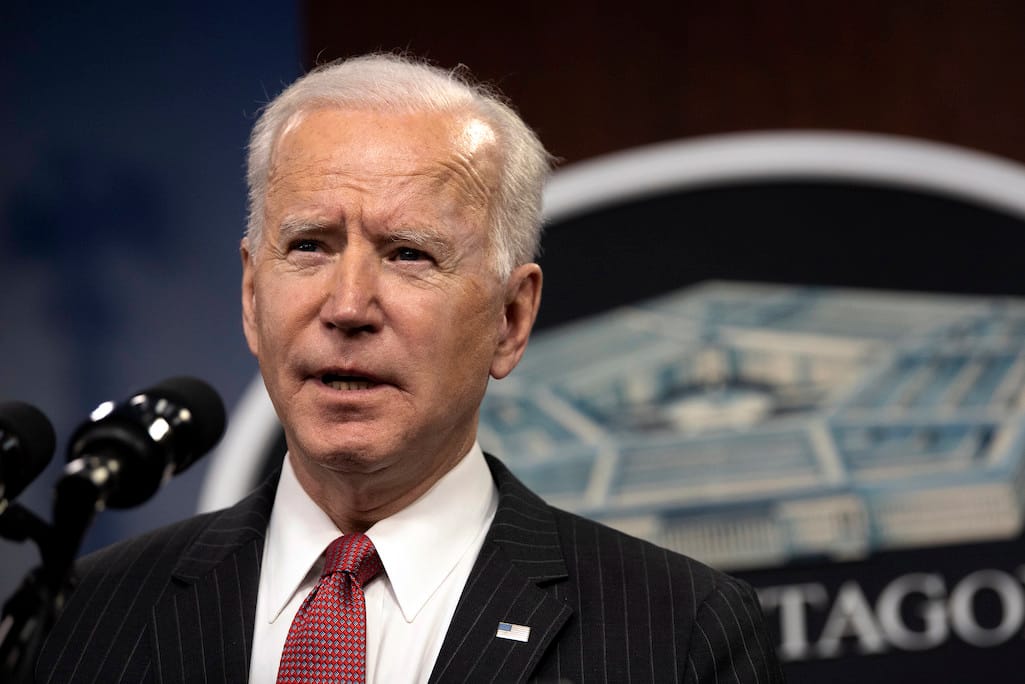Rip and Replace, Biden AI Order, Telesat Seeks Permission to Launch
The FCC grants two providers rip and replace extensions.
Hanna Agro

October 30, 2023 – Service providers Point Broadband and SI Wireless have been granted extensions Friday by the Federal Communications Commission to replace any Huawei and ZTE equipment they have left in their networks.
The providers, who were to respectively comply with the requirement by October 29th and November 24th of this year, will now have until April 29th and May 24, 2024.
Both service providers cited a lack of funding as the reason backing their requests for an extension to remove, replace and dispose of the equipment.
The FCC and industry have raised alarm that there is a $3-billion gap in funding for the Rip and Replace Program, which was initially infused with $1.9 billion and is intended to reimburse providers for having to replace the Chinese equipment deemed a national security threat.
The White House last week asked Congress to fill that gap in funding.
Biden signs executive order on AI safety adherence
President Joe Biden signed an executive order Monday intended to establish standards and regulatory guidelines to which artificial intelligence developers would adhere, with a focus on safety, security, innovation and competition.
The order will require developers generating high-risk AI software to alert the government about their AI testing procedures and provide any safety test results to a governing body.
It also requires agencies like the Department of Commerce and the National Institute of Standards and Technology to work in tandem to generate safety testing standards as well as AI identifying requirements, such as watermarking.
In an effort to spur AI innovation, the order outlines more robust AI research grants, AI research resources which will be available to students and researchers alike, as well as providing smaller businesses with assistance in using AI to help improve commercialization.
The executive order comes at a time when AI guidelines have been called upon as necessary by industry experts, as well as members of the Senate.
Telesat requests extension to launch satellites
Satellite operator Telesat asked for more time from the FCC to launch a group of satellites which belong to a constellation of satellites Telesat had originally requested permission to launch.
The FCC had granted the company permission to launch 50 percent of those satellites by November 3, 2023, and the remaining satellites by November 3, 2026, after it announced in 2017 its intention to launch a group of 117 low-earth orbit satellites as part of its Lightspeed constellation.
Telesat is now asking for an extension to launch the first 50 percent of satellites by March 19, 2028, and to launch the remainder by June 10, 2028.
Telesat outlined supply chain delays which limited access to necessary electrical components required to complete construction and deployment. In its request, it outlined that factors like these were out of their control in meeting its original deadline on time.











Member discussion